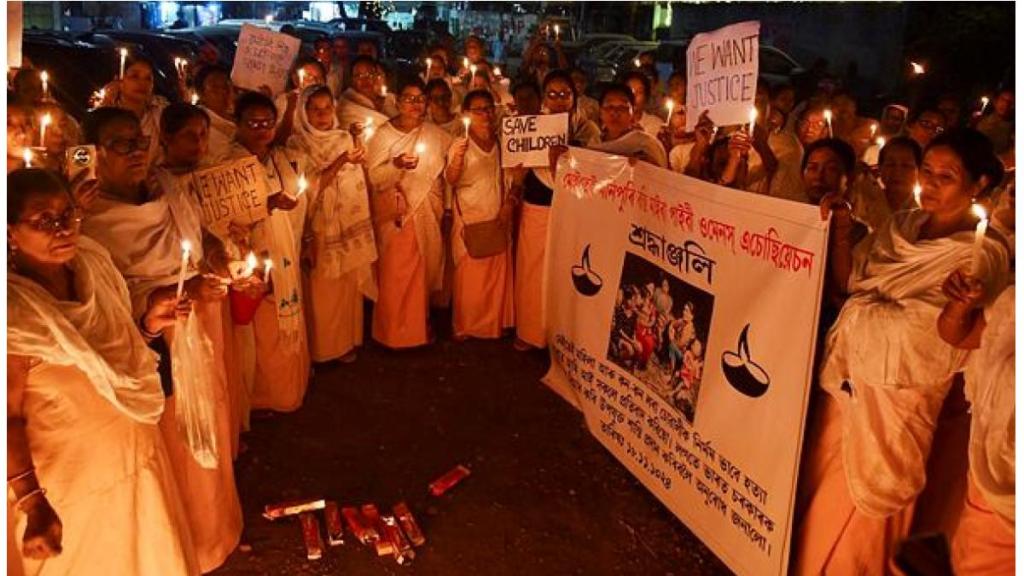In Manipur, significant actions are being taken against extremism and illegal opium cultivation as the state continues to face both rising unrest and violent ethnic clashes. The government is stepping up efforts to disrupt militant activities funded by the narcotics trade, even as public protests and political demands escalate over the re-imposition of the Armed Forces Special Powers Act (AFSPA).
Crackdown on Illegal opium cultivation
In a major blow to the illegal opium trade, the Manipur Police and the Forest Department have seized and destroyed 55 acres of opium crops in the Ukhrul district, a known hotspot for illicit farming. Authorities also burned five temporary huts found in the opium fields and are actively pursuing those involved in the illegal cultivation. There is growing concern that funds from the opium trade are being funnelled to extremist groups, exacerbating the already volatile situation in the region.
This crackdown is part of a larger effort by the state government to combat illegal drug cultivation. Since 2017, the Manipur government has destroyed over 19,000 acres of illicit opium crops across 12 districts. The link between opium production and insurgent financing has been well-documented, with militants allegedly using the profits from the drug trade to fuel their operations. By targeting this key source of funding, the authorities aim to weaken the influence of militant groups in the region.
Widespread protests against AFSPA
Amidst the security operations, there has been a growing outcry over the re-implementation of the Armed Forces Special Powers Act (AFSPA). The controversial law, which grants sweeping powers to security forces, was re-imposed on November 14, 2023, in six police stations across Manipur. AFSPA allows the military to detain individuals without warrants and use force, even in situations where it is deemed necessary for “maintaining public order.” Critics argue that AFSPA violates human rights and exacerbates tensions between local communities and security forces.
In response to the re-imposition, hundreds of people took to the streets of Imphal on Human Rights Day to protest against the law. Many of the protesters carried placards condemning the killing of women and children during the ongoing ethnic violence, which has led to the deaths of over 250 people and displaced thousands since May 2023. The rally emphasized calls for justice and the protection of civilians caught in the crossfire between warring ethnic groups.
Tribal MLAs demand government intervention
As the violence continues, political leaders from the tribal communities of Manipur are stepping up their calls for intervention. Seven tribal MLAs, including five from the ruling BJP and two independents, held a sit-in protest at Jantar Mantar in Delhi, demanding the central government’s direct intervention. Their main demand is for the creation of a separate “Union Territory with Legislative Assembly” to safeguard the rights of the Kuki and non-Naga tribal communities living in the state’s hilly regions. The MLAs have called on Prime Minister Narendra Modi to personally address the crisis and find a solution that would ensure peace and justice for all communities involved.
The Supreme Court has also taken a strong stance on the issue, directing both the central and state governments to provide a detailed account of the properties destroyed, looted, and damaged during the ethnic violence that erupted in May 2023.


